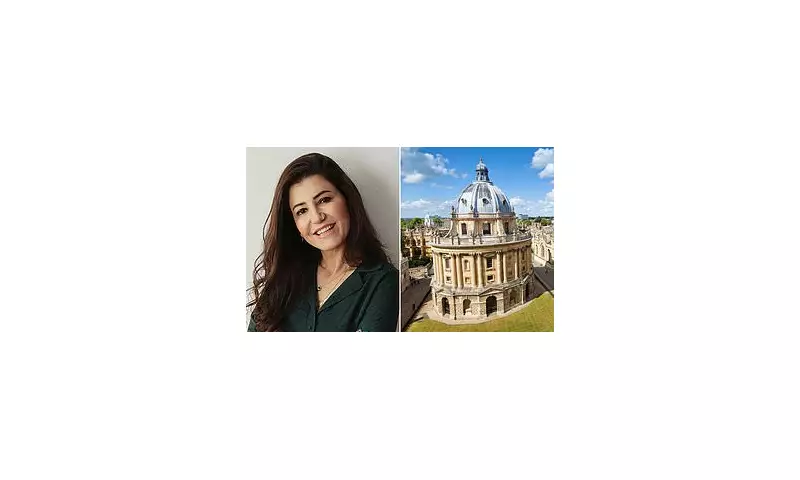
An Oxford University academic and celebrated refugee rights advocate is facing serious allegations of hypocrisy after calling for restrictions on foreign workers in Britain.
Dr Ozlem Galip, a respected figure at Oxford's School of Anthropology, has built her reputation championing the rights of refugees and migrants. However, her recent comments advocating for limits on overseas workers have drawn fierce criticism from colleagues and migrant support groups.
Academic Under Fire
The controversy emerged when Dr Galip, who previously campaigned for more open borders, suggested that Britain should implement stricter controls on foreign labour. This stark reversal has left many questioning the consistency of her position on immigration matters.
Colleagues within the academic community have expressed disappointment, noting the apparent contradiction between her professional advocacy work and personal opinions on foreign workers.
Campaigning Background
Dr Galip has been a vocal supporter of refugee causes, working with numerous organisations to promote migrant rights and integration programmes. Her research at Oxford has focused extensively on displacement and diaspora communities, making her current stance particularly surprising to those familiar with her work.
The academic has received funding and recognition for her efforts in supporting vulnerable migrant populations, adding to the perplexity surrounding her recent comments.
Growing Backlash
Critics have been quick to highlight what they perceive as double standards. Migration advocacy groups have expressed concern that such comments from a prominent supporter could undermine their efforts to create more inclusive policies.
Several organisations that previously collaborated with Dr Galip are now reconsidering their associations, while social media has been flooded with reactions ranging from disappointment to outrage.
University Response
Oxford University has acknowledged the developing situation but has yet to issue an official statement regarding Dr Galip's comments. The institution typically allows academic freedom of expression, but the controversial nature of these particular remarks may prompt further review.
Students and faculty members within the anthropology department are reportedly divided on the matter, with some calling for clarification while others defend her right to express personal opinions.
The situation continues to develop as more reactions pour in from academic circles, political commentators, and migrant support organisations across the UK.





